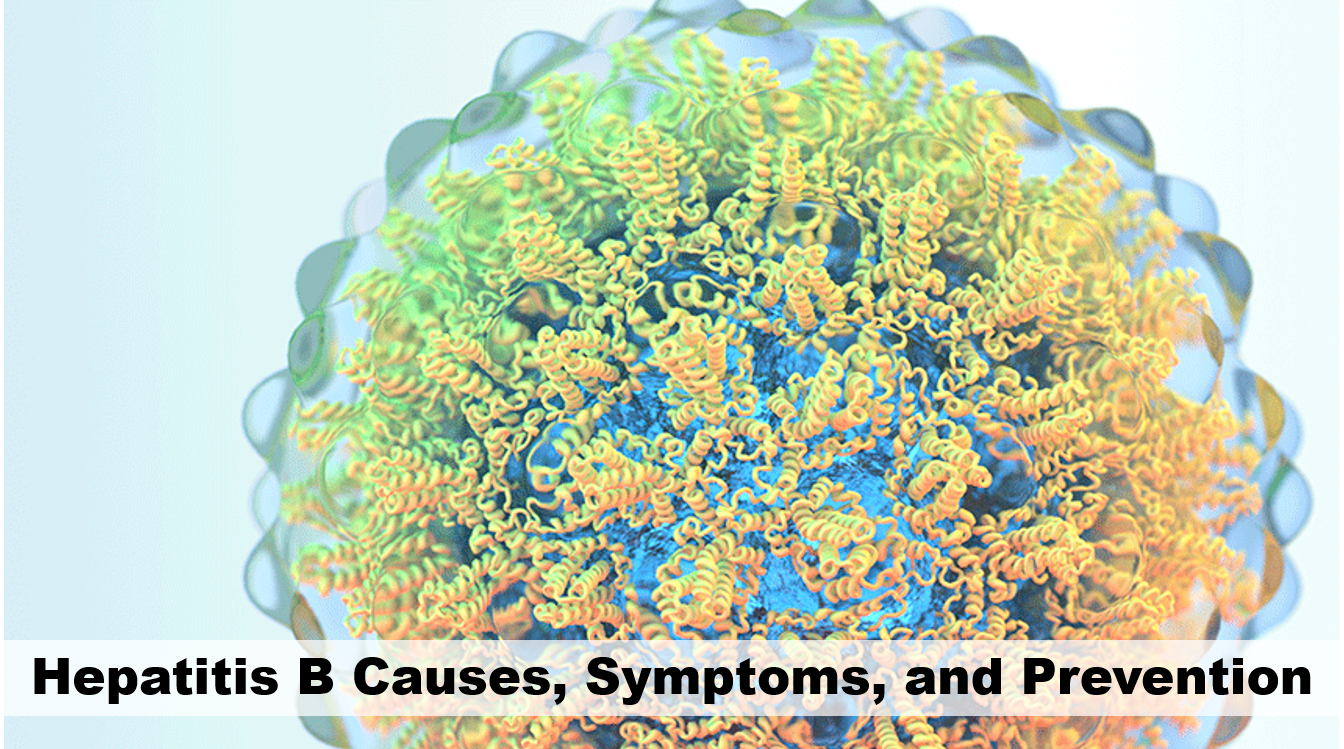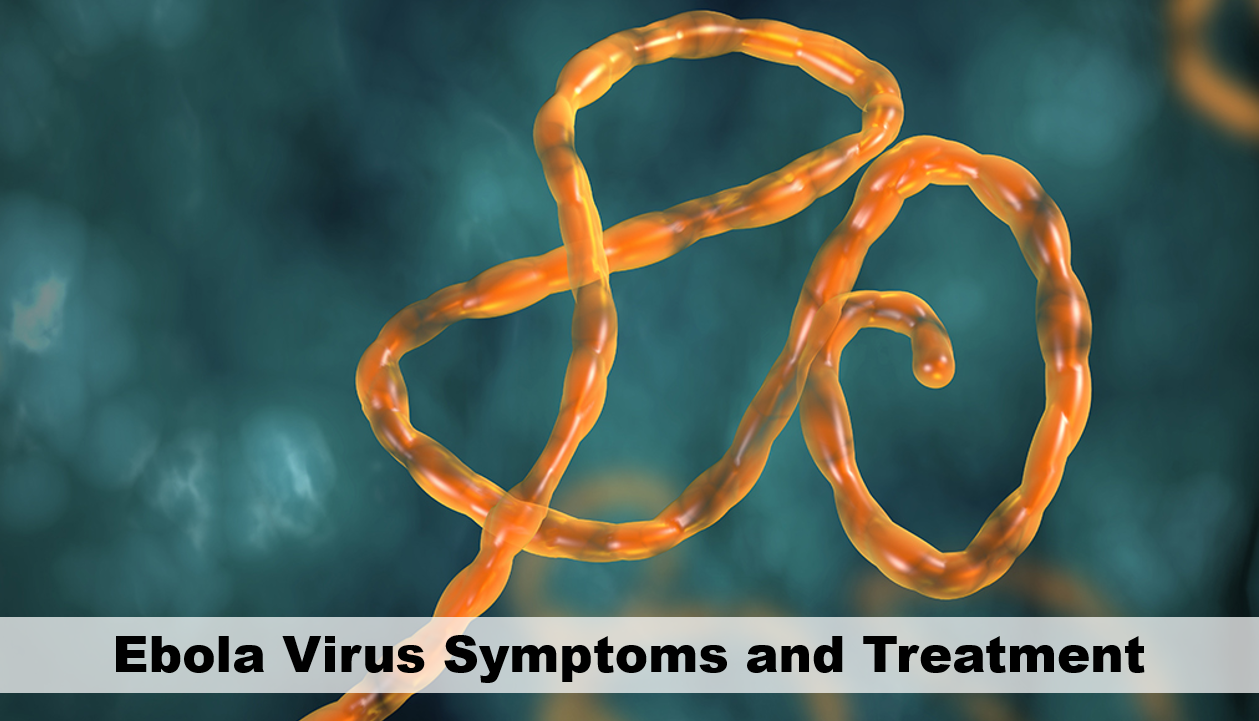Hepatitis B Causes, Symptoms, and Prevention

What is Hepatitis B? Who are the carriers? What are Hepatitis B symptoms? Hepatitis B is a common inflammation of the liver, and the cause of the disease is hepatitis B virus. The hepatitis B virus is transmitted from person to person through blood, blood products, and infected body fluids. Today, hepatitis B is a preventable and curable disease. Most people get infected with the hepatitis B virus, and adults recover completely, even if their signs and symptoms are severe. Infants and children are much more prone to develop chronic hepatitis B infection. Although there is no improvement for hepatitis B, a vaccine can prevent the disease. Here, we will talk about hepatitis B causes, symptoms, and prevention below.
Hepatitis B
Hepatitis B is a serious liver infection caused by the hepatitis B virus (HBV). For some people, hepatitis B infection can be chronic, leading to liver failure, liver cancer, or cirrhosis. It passes from an infected mother to a newborn baby during pregnancy or childbirth, or it passes a person through unprotected sexual intercourse, shared or reused needles. Most infected adults can get rid of their hepatitis B virus without a problem. However, some adults and most infected infants and children cannot get rid of the virus and develop a chronic (lifetime) infection. In about 10% of adult patients and about 90% of pediatric patients, the virus in the blood cannot be removed, and they can carry the virus and infect others. We call them carriers. They are apparently completely healthy and have no complaints and carry the virus throughout their lives in their blood and body fluids. However, some of them develop chronic disease, and it may end with cirrhosis and/or cancer in the liver.
Hepatitis B Carriers
- Sexual Intercourse with people with hepatitis B
- Drug users
- Nonsterile manicure pedicure sets in hairdressers
- Shaving blades, scissors,
- Nonsterile instruments for ear piercing
- Surgical procedure with nonsterile instruments
- Pregnant carrying hepatitis B
Hepatitis B Causes

Hepatitis B is a blood-borne virus. Transmission occurs when the virus somehow enters the blood of an intact human. Therefore, the fluid carrying the virus (blood or other body fluids) must come into contact with a wound in the person. The disease is not transmitted orally, by ingestion of infectious substances (food and drink). Ways of transmission of hepatitis B:
- Use of someone’s razor, toothbrush, etc.
- Direct contact with the blood or open wound of the infected person
- Contact with blood through injectors or other cutting injuries
- Uncontrolled blood transfusion
- Medical or dental operations with nonsterile devices
- From mother to baby during delivery
Hepatitis B Symptoms
Although there are many symptoms of hepatitis B, it may vary depending on the individual’s immune system and age. Sometimes there are no symptoms, and it can be diagnosed as liver cirrhosis or liver cancer. Other signs of Hepatitis B:
- Yellow eyes
- Extreme Fatigue and Exhaustion
- Leg swelling
- Anorexia
- Weight loss
- Abdominal swelling
- Bleeding
- Vomiting blood
- Jaundice
- Dark urine
- Nausea and vomiting
Hepatitis B Prevention
There are many ways to avoid hepatitis B virus. The most important of these is the hepatitis B vaccine. Apart from this, health care personnel are at risk, because they can usually come into contact with patients’ blood. All pregnant women should have a blood test, and the babies of mothers with hepatitis B virus should be given Hepatitis B Protective Serum and hepatitis B vaccine after childbirth. Vaccination should be administered to prevent STDs. The syringe and surgical instruments should be sterile or disposable. Needles, syringes, and other injection tools should not be shared at all. Sterile disposable materials should be used in tattoo, piercing, and acupuncture applications. Persons with hepatitis B carriers in the family and those living in public areas should not share personal items such as razors, toothbrushes, and nail clippers.
In what ways can the hepatitis B virus not be transmitted? HBV is not transmitted by sharing food from the same plate, consuming common food or water, breastfeeding, hugging, kissing, shaking hands, coughing, sneezing, using the same toilet, entering the pool, playing with toys, traveling in the same vehicle and so on.





